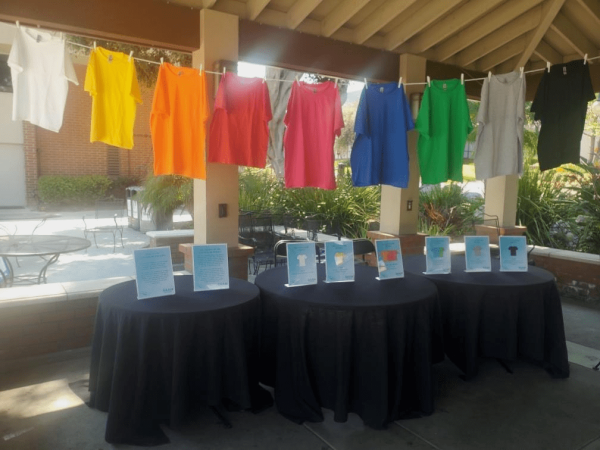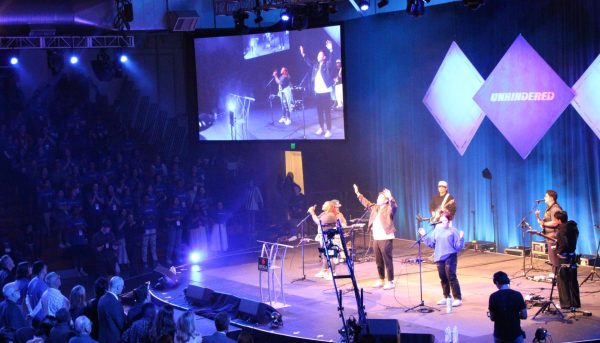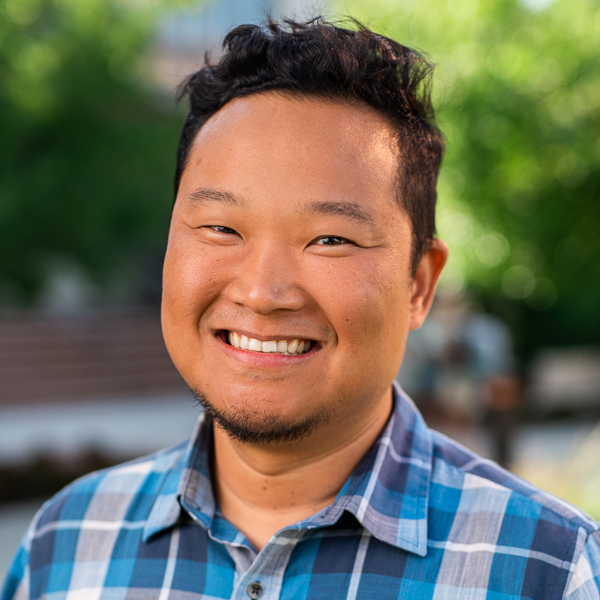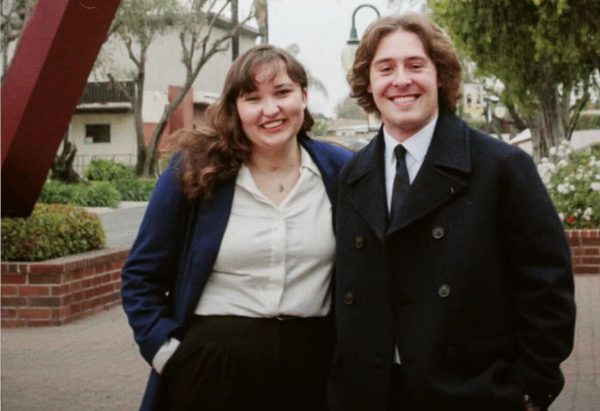Talbot ramps up spiritual development
Talbot is pushing a greater emphasis on spiritual development this year by requiring students to take seven units in that area instead of just two.
September 21, 2009
Talbot School of Theology is implementing a stronger emphasis on students’ spiritual growth into its curriculum this semester through its partnership with the Institute for Spiritual Formation.
The biggest change includes the development of the Spiritual Formation Focus, wherein students are required to take seven units dedicated to personal sanctification, compared with two units formerly required.
Spiritual Formation Focus includes three sequential classes taken during a Talbot student’s first three semesters, a cohort group, i.e., a group of students that will connect together for those three semesters, and two semesters of spiritual direction.
“There’s been a gap in the teaching of sanctification,” said Judy TenElshof, director of Talbot’s Spiritual Formation Focus. “People know a lot about God, but their experience does not match that knowledge.”
The Spiritual Formation Focus replaces the Intentional Character Development Program (ICD), which “began in 1996 and was Talbot’s first attempt at addressing the spiritual formation of their students,” according to a document submitted by ICD to Talbot’s curriculum committee.
“Two semesters (two units) have been found to be inadequate to meet the reality of the state of their spiritual lives,” the document said.
“We’ve been able to change the program significantly with little added cost,” TenElshof said.
Alongside other faculty, she said, she worked to bring the new Spiritual Formation Focus under the leadership of the Institute of Spiritual Formation, where she could work with “like-minded” people.
The first Spiritual Formation Focus course called “Introduction to Spiritual Theology and Formation” lays the theological foundation of spiritual formation. The next course, “Personal Foundations for Spiritual Formation,” examines “bringing spiritual formation into our relational capacities.” Both courses are worth three units.
“Spiritual Formation, Vocation and the Disciplines,” worth one unit, is the third course. This course, she said, asks the question “how do we move and how do we know what God’s call is on our lives?” During this course, students are required to submit a “progress review” regarding “spiritual, academic, emotional and practical concerns,” according to the current Biola catalog.
Retreats are required during all three courses, and most group retreats happen at Hilltop Renewal Center, which TenElshof founded near Idyllwild, Calif.
“One thing that might not be apparent is that Spiritual Formation Focus is the title of a program,” said Doug Geringer, assistant dean of Talbot. “But also, for every required class at Talbot in a degree program, each professor has a spiritual formation assignment in every class. So it’s not as if this is an appendage to the degree program.
“Parts of this go on in every required class, so it’s integrated into the whole curriculum, hopefully.”
TenElshof said she would like to see Spiritual Formation Focus required for undergraduates, too, adding that this version of the undergraduate curriculum would be adjusted according to those students’ needs, if adopted. Biola has begun to take steps toward this end, hiring Todd Pickett as associate dean of spiritual development.
The current undergraduate curriculum does have an element of Talbot’s Spiritual Formation Focus in the course “Biblical Interpretation and Spiritual Formation,” which is required for incoming freshmen.
The course “focuses on biblical interpretation as it applies to our spiritual formation,” said Joanne Jung, assistant professor of Biblical Studies and Theology.
Jung said “biblical illiteracy” is apparent in parts of the church and in society as a whole: “We hear students ask, ‘why haven’t we been taught this before?’”
There can be a “mutually beneficial relationship” between the church and the university in sanctification, she said, adding that she hopes to see “clearly transformed lives, both in the church and outside the church.”
Regarding this “mutually beneficial relationship,” Geringer seemed to agree: “What Talbot seeks to do in all of our academic degrees is augment what the church is doing. We don’t want to replace the church; we’re a servant of the church.”
Just four weeks into the semester, it’s hard to determine the immediate impact of the new curriculum at Talbot.
First-year Master of Divinity student Ryan Kang said his walk with God is benefiting from the community aspect of the new program, but he criticized cohort groups.
“There’s so little time for the [cohort group] meeting,” he said. “It is just once a week for just one hour, or something like that, and 20 people sharing? That’s too little time for sharing.”
But he does agree that “it is important for theological studies. We study theology, but spiritual formation is how we can apply it to life.”






